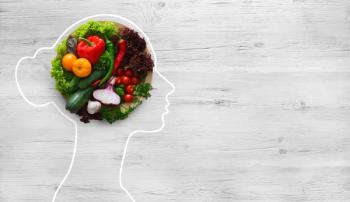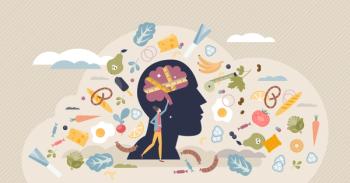
Nutrition's Impact on Cognition: Exploring the Brain-Gut Connection
Explore the impact of nutrition on patients with cognitive issues in psychiatry.
Ali Beckman, MS, RD, LD, CEDS-C, shares a little about the brain-gut connection and how proper nutrition can have a big impact on patients with cognition issues. Protein, fat, and micronutrients are required for neurotransmitter development and function; deficiencies in certain nutrients can result in some depressive symptomatology, increased anxiety, cognitive decline, and more. Clinicians can recommend patients eat a balanced, healthy diet in order to avoid exacerbating psychiatric disorders.
According to new research, the communication between our guts and brains impacts mood pretty significantly, including areas like emotion regulation. For example, investigators have closely linked irritable bowel syndrome and psychological stress.1-3
Ms Beckman is a registered dietitian, eating disorder specialist, certified intuitive eating counselor, and the director of Clinical Nutrition and Movement Services at Alsana.
References
1. Kuntz L. Targeting the brain: a new path forward for IBS treatment. Psychiatric Times. February 5, 2025.
2. Beyond the gut: a new frontier in IBS treatment by targeting the brain. Tokyo University of Science. News release. February 5, 2025.
3. Staudacher HM, Black CJ, Teasdale SB, et al.
Newsletter
Receive trusted psychiatric news, expert analysis, and clinical insights — subscribe today to support your practice and your patients.







